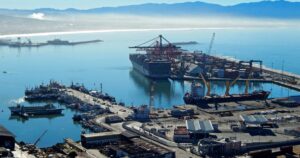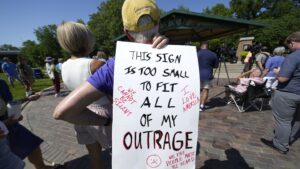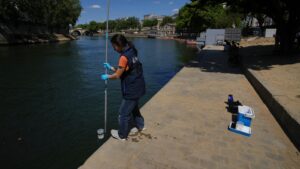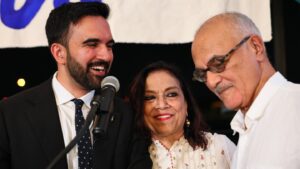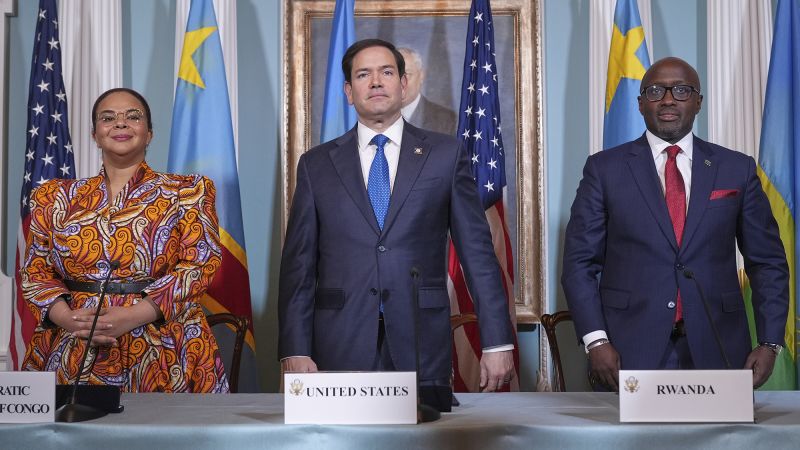
WASHINGTON D.C. – In a significant diplomatic move, officials from the Democratic Republic of Congo (DRC) and Rwanda signed a peace agreement in Washington D.C. on Friday, brokered by the White House, aimed at ending the violence in the mineral-rich eastern DRC.
Immediate Impact
The peace accord, hailed by U.S. President Donald Trump as a “wonderful treaty,” seeks to address the ongoing conflict where a militia, allegedly supported by Rwanda, controls large territories. However, doubts linger about the agreement’s effectiveness, as the militia has not yet committed to disarmament.
President Trump expressed optimism when the draft agreement was initialed on June 18, but voiced concerns about not receiving recognition for his role in the peace efforts. “This is a Great Day for Africa and, quite frankly, a Great Day for the World!” he wrote on Truth Social.
Key Details Emerge
The ceremony, presided over by U.S. Secretary of State Marco Rubio, saw the signing by DRC Foreign Minister Thérèse Kayikwamba Wagner and Rwandan counterpart Olivier Nduhungirehe. Yet, the militia’s lack of participation raises questions about the deal’s viability.
More than 7,000 people have been killed, and over one million displaced since January due to renewed militia offensives.
Background Context
The conflict in the eastern DRC is deeply rooted in historical tensions, including colonial-era border disputes and the aftermath of the 1994 Rwandan genocide. Daniel Kubelwa, a Congolese activist, emphasized the complexity of the issues at play.
Rwanda has been accused of backing the M23 militia, which emerged in 2012 and is involved in the struggle for control over the DRC’s mineral resources. The Rwandan government denies these claims but acknowledges the threat posed by Hutu militias operating in the DRC.
Expert Analysis
Experts warn that without addressing the root causes of the conflict, the peace deal may only provide a temporary respite. Kubelwa noted the importance of fair distribution of the DRC’s wealth and the need for robust governance reforms.
“A true and lasting solution must go beyond ceasefires and formal agreements. It must include genuine accountability, regional truth-telling, and a broad national dialogue,” Kubelwa stated.
What Comes Next
As the peace deal is signed, attention shifts to its implementation and the political will of the involved parties. Rwandan Foreign Minister Nduhungirehe expressed commitment to the negotiations but highlighted the need for good faith from the DRC government.
Congolese Nobel laureate Denis Mukwege criticized the agreement for not addressing Rwanda’s alleged aggression, suggesting it legitimizes the exploitation of Congolese resources under the guise of economic cooperation.
“In its current state, the emerging agreement would amount to granting a reward for aggression,” Mukwege warned.
Regional Implications
The peace accord aims to facilitate the return of refugees and internally displaced persons, and establish a regional economic framework that could attract significant U.S. investments. However, the absence of the Alliance Fleuve Congo (AFC) from the negotiations, which includes the M23, casts doubt on the agreement’s reach.
The AFC, engaged in separate talks mediated by Qatar, has not committed to disarmament, indicating that the path to peace remains fraught with challenges.
As the situation unfolds, the international community watches closely, hoping for a resolution that brings lasting stability to the region.
